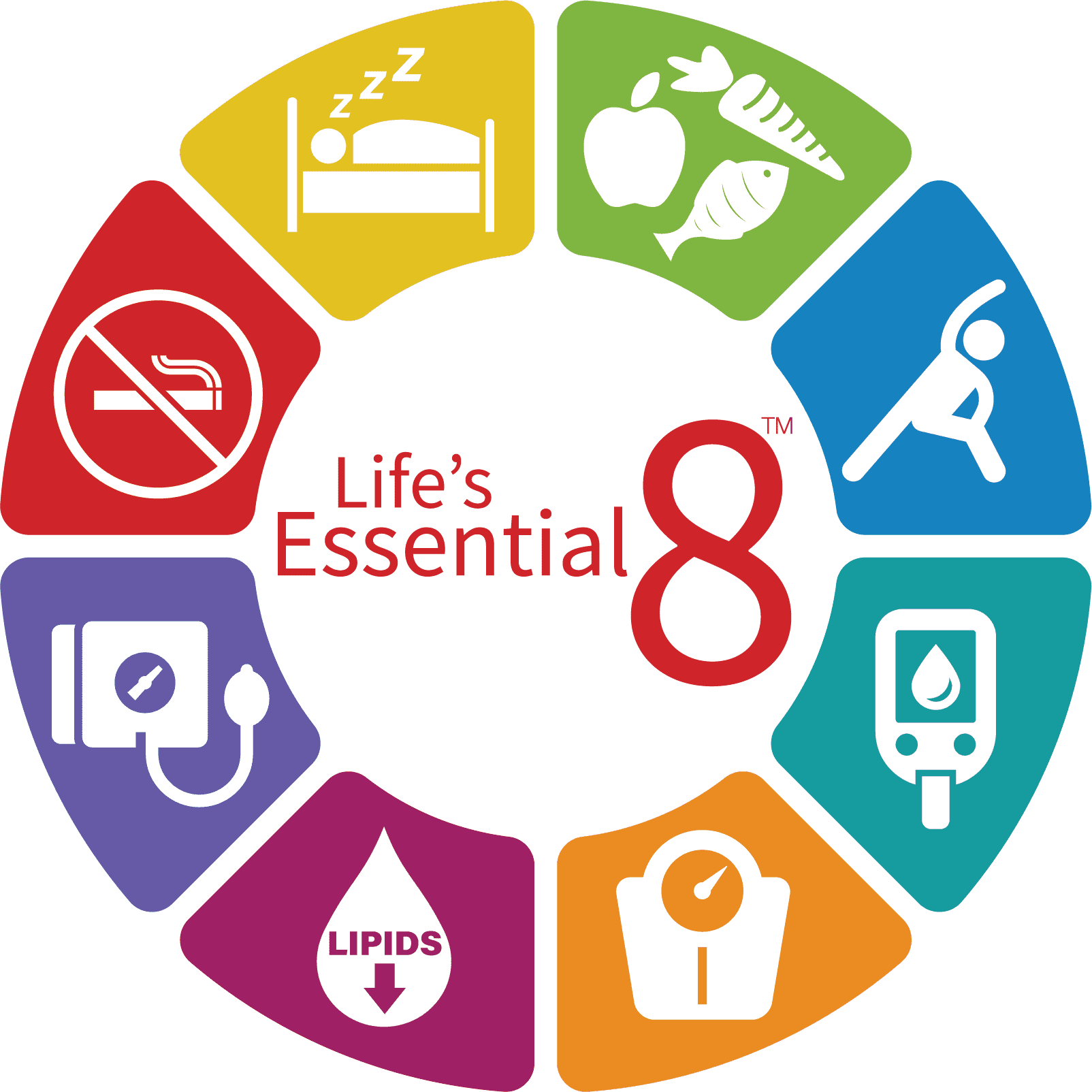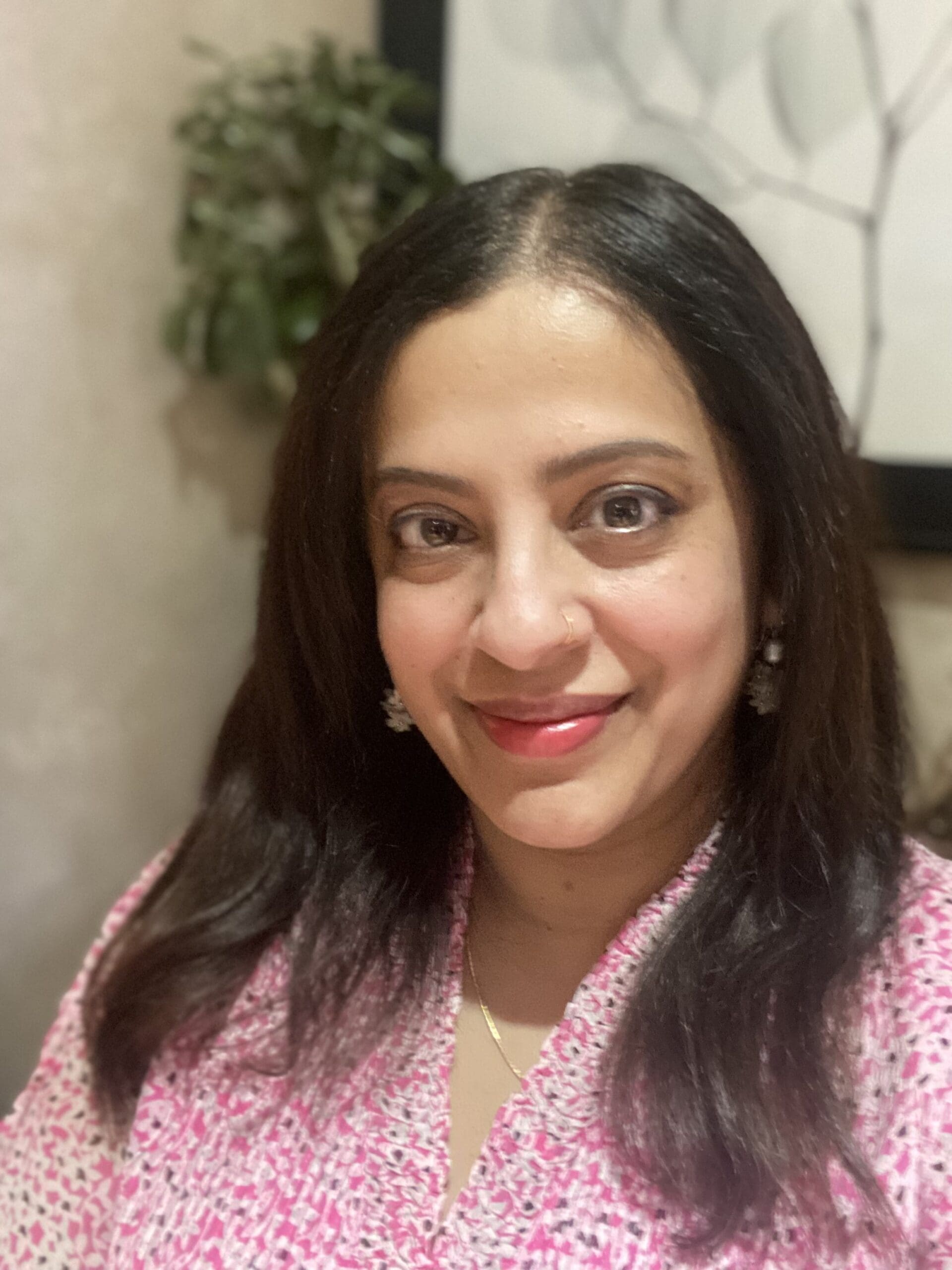Interview with Lori Ann King
This month, we talked to athlete, author and wellness coach Lori Ann King, author of “Come Back Strong.” In our interview, Lori candidly discussed her experience having a full hysterectomy and oophorectomy (surgical removal of the uterus and both ovaries) at the age of 43, which thrust her into surgical menopause. Read on to learn about what she learned from this experience and what she wants other women to know about balance and empowerment during difficult times.
SWM: For those who may not be familiar, let’s start with the obvious: what is surgical menopause and how is it different from typical menopause?
Lori: Surgical menopause occurs when the ovaries are surgically removed (oophorectomy) or are damaged by disease, radiation, chemotherapy or other medications. This causes a sudden drop in estrogen and an immediate plunge into menopause.
By contrast, in natural menopause, symptoms appear gradually and are sometimes so subtle that we barely notice the changes; and when we do, we can tackle one or two symptoms at a time as they pop up. So, the symptoms are the same, but the main difference is the timeframe and intensity.
SWM: You discuss the importance of the mind-body connection in your book. Why is it so vital to healing after surgery and for handling menopause?
Lori: Our minds can be our most powerful tools or our worst enemies. If we let negative thoughts run out of control, stress will most certainly manifest.
When my system was compromised by the hormonal fluctuations of menopause, negative thoughts and emotions made my symptoms even more challenging. The more I focused on my symptoms, the more frustrated, anxious and overwhelmed I felt. I found that positive thoughts and feelings of gratitude, love, hope and happiness helped to lessen my symptoms.
SWM: You say in the book’s introduction that even two years after your hysterectomy, you were still seeking balance. What do you think attributed to that? And why do you think, as women, finding a healthful balance after surgery can be difficult?
Lori: Months after my surgery, most people thought I was living a normal life and fully functioning. But I wasn’t myself. I was no longer calm and peaceful and I certainly did not exude joy.
So many women, myself included, are praying for “a break” from our crazy, busy lives. This is the opportunity to take it. If we don’t, healing and recovery can take longer. What if our symptoms are our bodies’ ways of saying, “Hey? Love me. Hug me. Nurture me. Think good things about me. Get more rest. Stop feeding me that.” Are we listening?
If I’m honest with myself, life before my hysterectomy was lived at 180 miles per hour. I think this is common for many women. We push and push, staying up late, getting up early. We don’t rest. We forget to play. We work hard. When our schedule overflows, our self-care activities are what get dropped. Slowly, the cumulative effects of stress build up and we find ourselves burned out, overwhelmed and fatigued. We are already stressed out and then a life event like surgical menopause pushes us beyond our limits and intensifies things that are already out of balance.
I have since learned that a balanced life requires — even demands — rest, recovery and play on a daily basis. I had to learn to make this a regular aspect of my life, not a quick fix.
SWM: In “Come Back Strong,” you suggest women stay empowered by playing an active role in their medical plan. What are some suggestions for doing so?
Lori: Know your personal and family medical history and share it with each of your doctors. Educate yourself on your options and alternatives, especially when it comes to surgery, drugs and lifestyle changes. Ask questions. Remember, there are no stupid questions. Ask and keep asking.
Get a second opinion; it is perfectly acceptable. Take notes and/or bring a friend to your appointment. I’ve found that when I invite a friend along, my friend provides an objective point of view, along with the opportunity to take notes.
Do your part. Part of staying empowered is doing your part to live a healthy lifestyle. Fortify the body with good nutrition. Reduce stress. Stop smoking. Lose weight if you need to. If you have other conditions, discuss them with your medical team to make sure they are well-controlled. Get adequate rest. Remember to play.
SWM: You discuss complementary medicine, practices rooted in ancient beliefs and healing practices. What advice do you have for women who would like to add complementary wellness practices into their lives — either post-surgically or otherwise — but are hesitant?
Lori: I believe we hesitate for two reasons. We don’t understand something and/or we have told ourselves a story. So often, our stories are borrowed. In any case, holding onto these beliefs and fears can leave us resistant to trying something that could be extremely beneficial to our health. Education is power. Most practitioners will offer a consult to help you understand their treatment.
SWM: In the section “Uncover and Embrace Your Passion,” you say women may not know or realize their purpose right away. What would you say to women who are trying to find their purpose after a surgery such as this or as a result of another major life change?
Lori: Consider what makes you laugh and what makes you cry. If you are moved to either emotion, it deserves exploration. Think back to your childhood or to a time in your life you were truly happy. What were you doing? Your passion and purpose may become obvious.
SWM: If there was one thing you’d want women who have experienced surgical menopause to know, what would that be?
Lori: We have more control than we think we do. This may feel like a major setback, but take the time to heal and know you can come back from this. You can come back strong. SWM
For more information on Lori Ann King, “Come Back Strong” and her story, visit loriannking.com. Interview was edited for length and clarity.
Read more from Christine A. Krahling at keepcalmandwrite.com.





